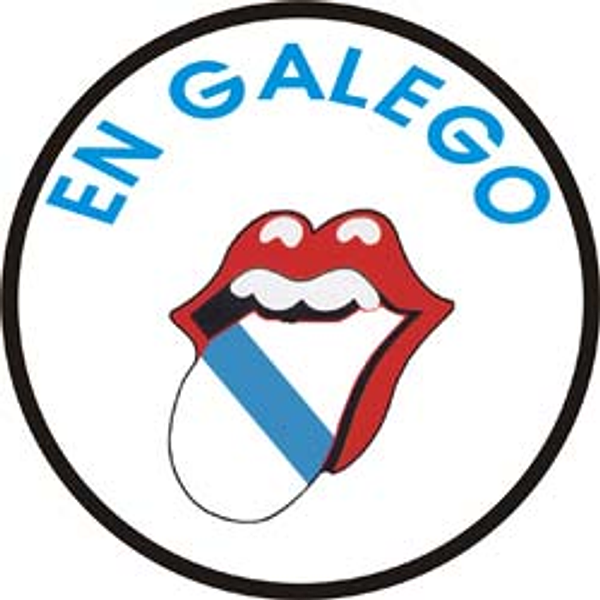
2020-12-03
Post by María García Basanta, BM Edinburgh Volunteer, on her native language, Galician.
Galicia is a region in the northwest of Spain. This is a bilingual area where Spanish and Galician are both spoken and used in education, or by regional public organisations. The population is bilingual: some predominantly Spanish speakers, others predominantly Galician speakers.
The similarities between Spanish and Galician allow speakers to mix them. You will easily find someone speaking Spanish introducing Galician words into their sentences or the other way around. We speak of “castrapo” when someone uses a mix of Spanish with syntax, vocabulary and expressions taken from Galician.
Language switching (or ‘code switching’ as researchers call it) is also a widely spread phenomenon. People switch languages in the same conversation or depending on the environment or the person they are talking to. Most of these changes are mainly due to the age of the speakers or their background (Spanish is mainly used in cities and Galician in the countryside). When you move from one sphere to another, people will categorise you and talk to you in what they think is your majority language. It is like wearing an invisible tag: “I am from a young person from a city; therefore, people will talk to me in Spanish”.
Most language choices made daily, such as mixing or switching, are due to stereotypes and prejudices associated with Galician. This was inherited from Franco’s dictatorship when Galician was forbidden. Many prejudices and bad connotations appeared at the time to discourage the use of the language. This misinformation has outlived previous generations and sadly remains among the population.
The situation affects the language choices families make with children. Parents often do not choose Galician as the language they speak with their children. Young people are widely addressed in Spanish. Why do grandparents, parents and entire families speak Galician among themselves but in Spanish to the children? Is the fear that existed during the dictatorship? Is it because of prejudices and stereotypes?
I grew up with two languages, but mainly one was spoken to me: Spanish. My mum came from a city where she spoke Spanish and she used that language with me. My dad tried to speak Galician at home; however, he was a minority.
My education was bilingual Galician-Spanish and a determinant factor of my Galician skills. Approximately seventy-eighty per cent of my subjects were taught in Galician and the rest in Spanish. When I was in secondary school, the government started a trend of restrictions that reduced Galician exposure to a maximum of fifty per cent of the curriculum. But that, at least, allowed me to maintain a balanced exposure to both languages at school. If it were not because Galician is compulsory in the educational curriculum in the region, most of the young population would not speak it fluently or at all.
I believe we need to break all the negative tendencies, language choices and prejudices. My most used language might be English or Spanish since I moved abroad, but Galician is the language of my home, my family, my culture, my education, and a big part of me.
Outside Galicia we feel “morriña”, a feeling of sorrow when being away of our homeland, and only our own language has a word to describe that feeling. There is a strong regional feeling, we have our own culture and traditions that are linked to the language. If we lose one, we will lose the other. We need a change in the region, in the population, in the families’ language choices. Inform families of the benefits of raising children bilingually, of speaking a minority language. Help families avoid choosing only Spanish just because they mistakenly believe “it will be better for their future”. What is it going to happen to Galician in fifty years if children and young people do not speak the language? We need to break what we have inherited over the years and let the language grow, not disappear.
In Galicia, the word “lingua” means both tongue and language. It is said that Galicians are so lazy that we have a “lingua” and we do not use it. How can our language survive with that attitude?